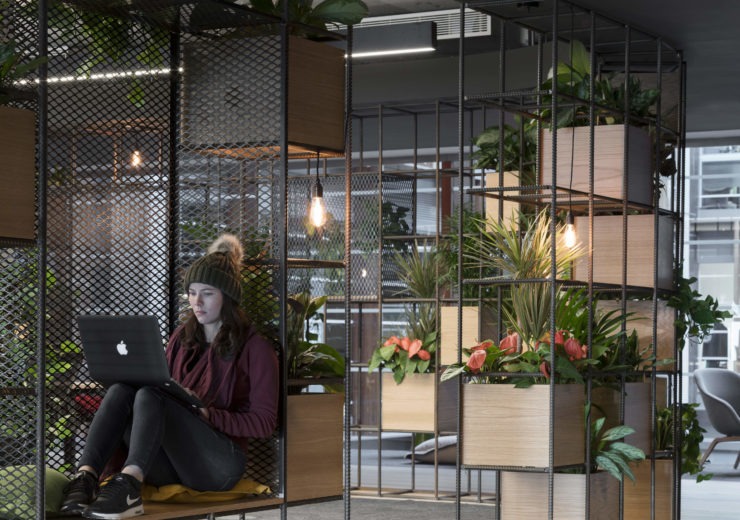An informal business structure, new workforce expectations and transparency are three key trends that will impact companies in the future, according to Slack's head of UK Stuart Templeton

The nature of work is fundamentally changing – and businesses must quickly adapt to current trends in order to have a successful future.
That’s according to Slack’s head of UK Stuart Templeton, who says the main drivers of this change are the increasing proportion of millennials in the workforce and the proliferation of technology within companies.
Speaking at a London roundtable today (1 May) on the future of work, Mr Templeton said: “The nature of work is fundamentally changing.
“The work we’re doing is changing and the expectations of employees are changing too.”
The age of knowledge work
Mr Templeton believes we are in the age of “knowledge work”, which he defines as being more creative, less routine-driven and repetitive, and requiring more human skills such as empathy.
While old organisations were designed to “command and control” through centralised processes and hierarchical systems, he believes this archaic way of structuring companies isn’t conducive to a new way of working.
“We’re seeing a significant shift towards organisational structures that look and behave more like organisms, with cross-functional and agile teams that are designed for speed, creativity and to be able to sense change,” he said.
“Organisational structures are becoming much more fluid and this change will need to continue if companies want to remain competitive.”

The consumerisation of technology and the growing number of software applications for businesses are enabling this shift, he said.
According to cloud service provider Okta, which was also in attendance at the roundtable event, companies with more than 2,000 employees use an average of 162 cloud-based applications.
Mr Templeton added: “Employees expect to be able to use the tools they want to help them be successful – exemplified by the proliferation of business applications we see being used within organisations.
“All knowledge work today is based on teamwork and these self-organised teams will be the linchpins of company success going forward.”
Changing trends in employee expectations
More than half the workforce are now millennials and this shift in company demographics has come alongside a change in expectations.
The modern employee wants “a Mac and Slack”, according to Mr Templeton.
He said: “Today’s workforce also wants to be able to bring their whole personality to work.
“If you look at the way we dress for work, we’re more informal than we perhaps were and people expect to be able to bring their authentic selves to the workplace.”
But these demands are not just superficial, they enable workers to operate remotely and help them to stay connected to their colleagues and the larger organisation, the Slack boss claimed.
A study carried out by the company found that 76% of UK employees wanted a greater connection to senior leadership, 62% craved a more flexible work schedule and 66% want a more collaborative workplace in the future.

Additionally, 77% of workers would like to see greater transparency in their organisations.
He added: “Workers are tired of being in the dark. Employees are looking for greater transparency into an organisation’s goals – they want to understand where the company is going and their role in helping create that success.
“Efficient, transparent and collaborative communication is fundamental to the future of work – it drives productivity and facilitates connections, irrespective of location.”
How companies can adapt to future business trends and remain secure
Creating a more flexible workforce that is capable of working remotely and able to use their own devices presents a host of challenges for security officers.
Okta vice-president Jesper Frederiksen said: “You want to give all this autonomy and flexibility to people in your organisation but, at the same time, there’s the background concern of security threats and increased risks.
“How do you balance those two things?”
One term he finds useful is “zero trust”, which requires organisations to reconsider the way they currently do IT security, but enables them to adapt to these future business trends.
“In the old days, you’d put up some firewalls and you’d believe your organisation was secure, but it doesn’t work like that anymore,” Mr Frederiksen said.
“The majority of applications are running on Amazon or Microsoft Azure data centres so there is no longer a natural perimeter around a business’ IT services anymore.
“The way we work is much more collaborative and cross-functional so we have to rethink how we do IT security.
“You need to trust the devices, such as an iPad that I use, and that’s what zero trust is all about.
“Know the identity, make sure you know your devices and the people using them and make intelligent ongoing decisions on whether you think they are secure.”


